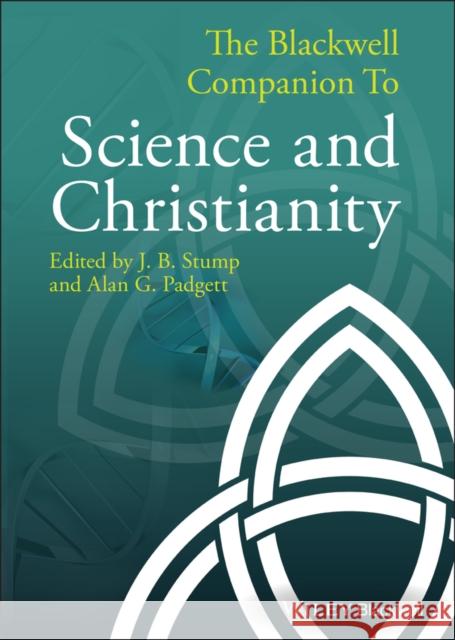The Blackwell Companion to Science and Christianity » książka
topmenu
The Blackwell Companion to Science and Christianity
ISBN-13: 9781444335712 / Angielski / Twarda / 2012 / 664 str.
A cutting-edge survey of contemporary thought at the intersection of science and Christianity.
- Provides a cutting-edge survey of the central ideas at play at the intersection of science and Christianity through 54 original articles by world-leading scholars and rising stars in the discipline
- Focuses on Christianity's interaction with Science to offer a fine-grained analysis of issues such as multiverse theories in cosmology, convergence in evolution, Intelligent Design, natural theology, human consciousness, artificial intelligence, free will, miracles, and the Trinity, amongst many others
- Addresses major historical developments in the relationship between science and Christianity, including Christian patristics, the scientific revolution, the reception of Darwin, and twentieth century fundamentalism
- Divided into 9 Parts: Historical Episodes; Methodology; Natural Theology; Cosmology & Physics; Evolution; The Human Sciences; Christian Bioethics; Metaphysical Implications; The Mind; Theology; and Significant Figures of the 20th Century
- Includes diverse perspectives and broadens the conversation from the Anglocentric tradition











